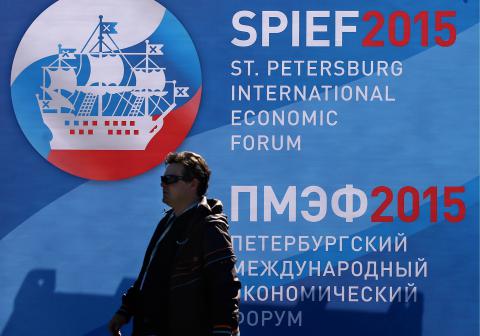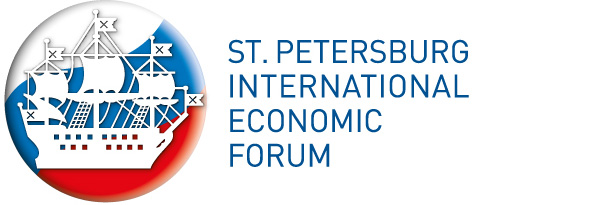The atmosphere at the St. Petersburg International Economic Forum seemed to be mainly one of cooperation, between regional and international economic institutions, and their role in maintaining and promoting economic growth. Particular attention was paid to the Eurasian Economic Union (EEU), the Shanghai Cooperation Organization (SCO), BRICS countries, and their roles in the global economy.
Noteworthy agreements
The first day of the forum was attended by dozens of high-ranking officials and representatives of international corporations.
A series of nuclear cooperation agreements signed by Russia with such countries as Saudi Arabia and Myanmar were among the most important deals clinched on Thursday.
Earlier in the day, the heads of the International Atomic Energy Agency (IAEA) and Russia’s state-run nuclear corporation Rosatom discussed the roles their organizations play in developing and ensuring the safe proliferation of peaceful nuclear energy.
Russian energy giant Gazprom discussed the extension of the Turkish Stream gas pipeline to Greece with the country’s energy minister.
The CEOs of Gazprom and Shell, Alexei Miller and Ben van Beurden, signed a memorandum on the construction of a third technical line for a liquefied natural gas plant on Sakhalin Island on Russia’s Pacific Coast.
Russia’s Gazprom also forged a memorandum on the construction of a gas pipeline from Russia to Germany through the Baltic Sea with E.ON electric utility service provider, Shell and OMV oil and gas company.
In the transport sector, Russian Railways and Siemens signed a €1.7-billion ($1.9-billion) contract for the technical maintenance of the Lastochka high-speed trains operating in Russia.
Spirit of cooperation
Several roundtables and discussions on the first day of the forum focused on new opportunities for businesses and intergovernmental cooperation between the world’s economic organizations and unions. Representatives from European and BRICS countries, the United States and several other world powers spoke of the EEU and the need to deepen cooperation with the regional economic union.
Special attention was paid to the current economic situation in Russia and its national currency, the ruble. Speaking of the sanctions regime and its impact on Russia’s economy, most participants agreed that it was not the main reason for the country’s economic crisis, attributing it more to the drop in oil and gas prices.
Many of the participants expressed hope in finding a prompt resolution to the crisis and a transition to stable growth for the country’s economy.
The SPIEF has turned into a leading global business networking event, attracting over 6,000 participants, including government and business heads, as well as prominent global voices from academia, the media and civil society.
The major economic event will last until Saturday.

On the day two of SPIEF the participants will discuss new strategies for business cooperation between Russia and North America, investment and technological cooperation between Russia and Latin America, as well as economic development of the Arctic.
The business roundtable Russia – North America: New Challenges and Strategies for Business Cooperation moderated by President of Russian–American Council for Business Cooperation David Iakobachvili and head of American Chamber of Commerce in the Russian Federation Alexis Rodzianko will be devoted to discussing specific measures to improve cooperation between businesses in Russia, the United States and Canada amid the current political tensions.
The roundtable on Latin America: Globalization and New Regional Economic Hubs, devoted to issues of investment and technological cooperation between Russia and Latin America will be attended by a number of high-ranking officials including Argentina’s Economic Minister Axel Kicillof, Jamaica Energy Minister Phillip Paulwell and Russia’s First Deputy Minister of Economic Development Alexey Likhachev.
Both these discussions will take part in the morning session of the Forum starting at 09:30 a.m. local time (GMT 06:30).
The Arctic: Realizing a New Economic Sphere roundtable, to kick off at 11:45 local time (GMT 08:45), will see panelists from Russia and Finland discuss issues of economic development of the Arctic – and in particular the area of hydrocarbons extraction.
On the first day of its work, the SPIEF saw participants sign a total of 45 agreements.
According to the forum’s organizers, by 15:00 local time (GMT 12:00) Thursday the number of the event’s participants reached 6,000.
Among the major deals expected to be signed Friday is an agreement between Moscow and Athens on the construction of the extension of the Turkish Stream gas pipeline to Greece.
